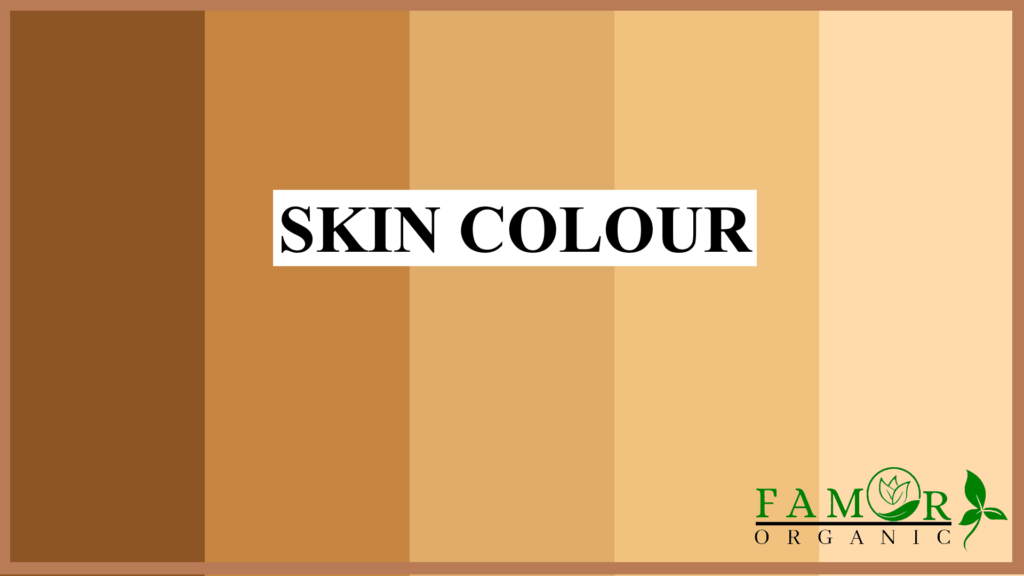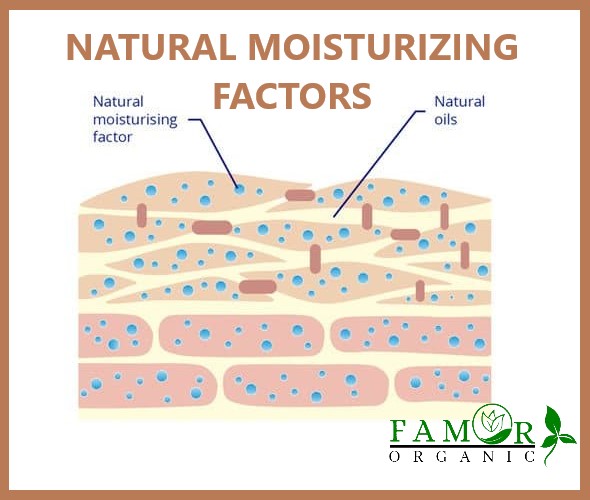
Approved Facts – EVALUATION OF SKIN TYPE AND SKIN CONDITIONS 2021
There are a variety of skin types and skin conditions that concern a lot of people. These skin conditions can vary from person to person and even it varies in a person from time to time. Since a plethora of factors contributes to skin conditions both internal and external. Some of these internal and external factors are pollution, climate, stress, hereditary, medications, and so on. These factors have a great influence on levels of sweat, sebum and natural moisturizing factors (NMFs), that are generated and produced by our body and are basic criteria for the selection of products for our skincare.
A skincare product must be selected after making sure that it suits your skin type and helps in enhancing your skin condition. Both skincare experts and dermatologists use various factors in order to determine the skin type conditions of a patient.
Below given are factors to determine skin conditions:
Signs of Aging
A person’s skin type keeps on evolving throughout their lifetime. Many times a person who might have oily skin type in their teenage might become a person with dry skin type post-puberty. And a person who might have a normal skin type becomes a person with a dry skin type as they age.

Every skin type ages and changes with time as the skin can lose density and volume and can grow fine lines and wrinkles with the change in pigmentation. These signs of ageing help in measuring and determining the condition of our skin, making it important to understand the signs of ageing.
Skin Sensitivity
Sensitive skin is a kind of skin that easily gets irritated and has more reactivity when compared to normal skin. General symptoms to identify skin sensitivity are the evaluation of rash, itching, redness, stinging, and burning. These symptoms help in determining your current skin condition. A person whose skin gets easily irritated is said to have sensitive skin. There are a variety of factors that can create skin irritation which is generally tolerated by a person who has well-balanced skin, with the help of adjustment in temperature, or skincare products.

However, for some people, this issue remains permanent and their sensitivity gets easily triggered by multiple external and internal factors. Often, it occurs when there is a compromise in the skin’s natural barrier function. It can cause water loss or enlargement of pores, which might result in the penetration of irritants. There are different symptoms that occur in different skin type people. Sensitivity can be because of a range of factors, ranging from sun to ingredients used in cosmetic and cleansers.
Skin Color
Skin colour is determined with the help of the density of the epidermis, which is measured along with the distribution of melanin. Skin colour is influenced by reactions of our skin to different external forces such as irritation, inflammation, pigmentation disorders, and even sun.

One of the other useful measures of skin condition is redness of skin that indicates how successful circulation is taking place in the body. It is a very helpful criterion in conditions such as rosacea and couperose.
Natural Moisturizing Factors (NMFs)
Healthy skin produces multiple moisturizing factors known as NMFs. These amino acids help water to bind in the skin and maintain the skin’s elasticity. This eventually increases the suppleness of the skin and prevents it from getting dehydrated.

Since skin is the first line of defence of our body, it makes it important to understand these essential NMFs as they help in maintaining skin’s moisture. Also, if the skin’s protective barrier gets damaged, the moisture of the skin decreases which affects the skin condition adversely.
Sweat and Sebum Production
The efficacy of the skin’s barrier function is also controlled by the amount of sebum. It is produced by sebaceous glands which have a great impact on the condition of the skin. Both overproduction and low production of sebum have a negative impact on the condition of the skin as the former lead to acne-prone, oily skin while the latter causes dry skin.

Skin produces sweat with the help of perspiratory glands. Sweat helps our body in maintaining its optimum temperature and fluctuation in sweat production can influence the skin condition of the skin greatly.
Wrap up
In a nutshell, skin condition depends upon different factors that are explained in this article. Hopefully, it will help you to understand more about your skin. Do not forget to write down in the comment section what you want to know more and if you have any query, we would be glad to respond.





